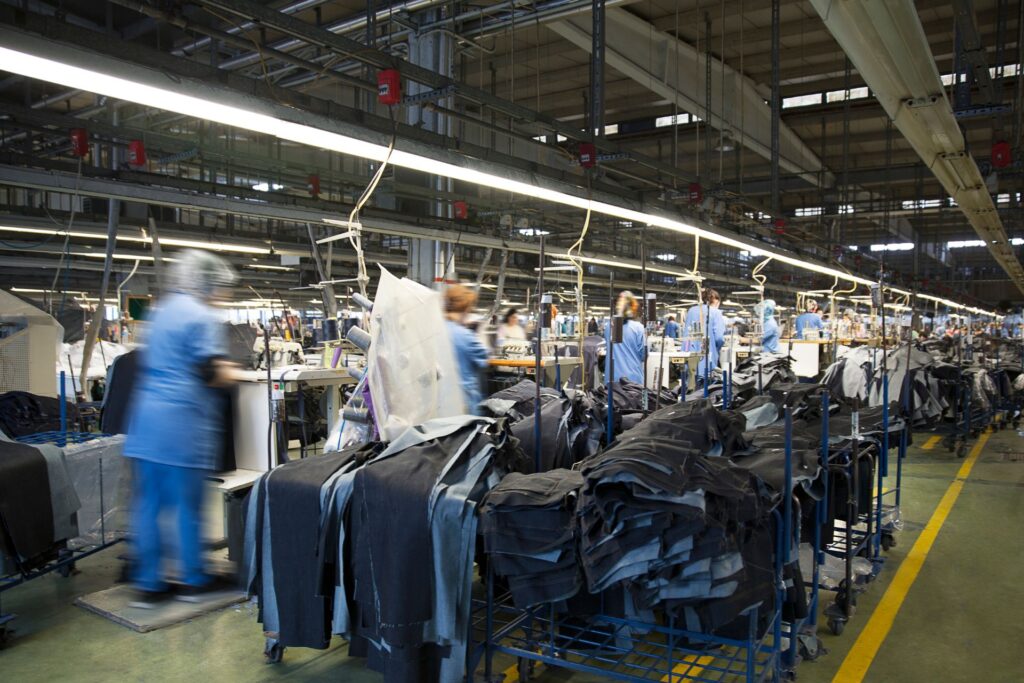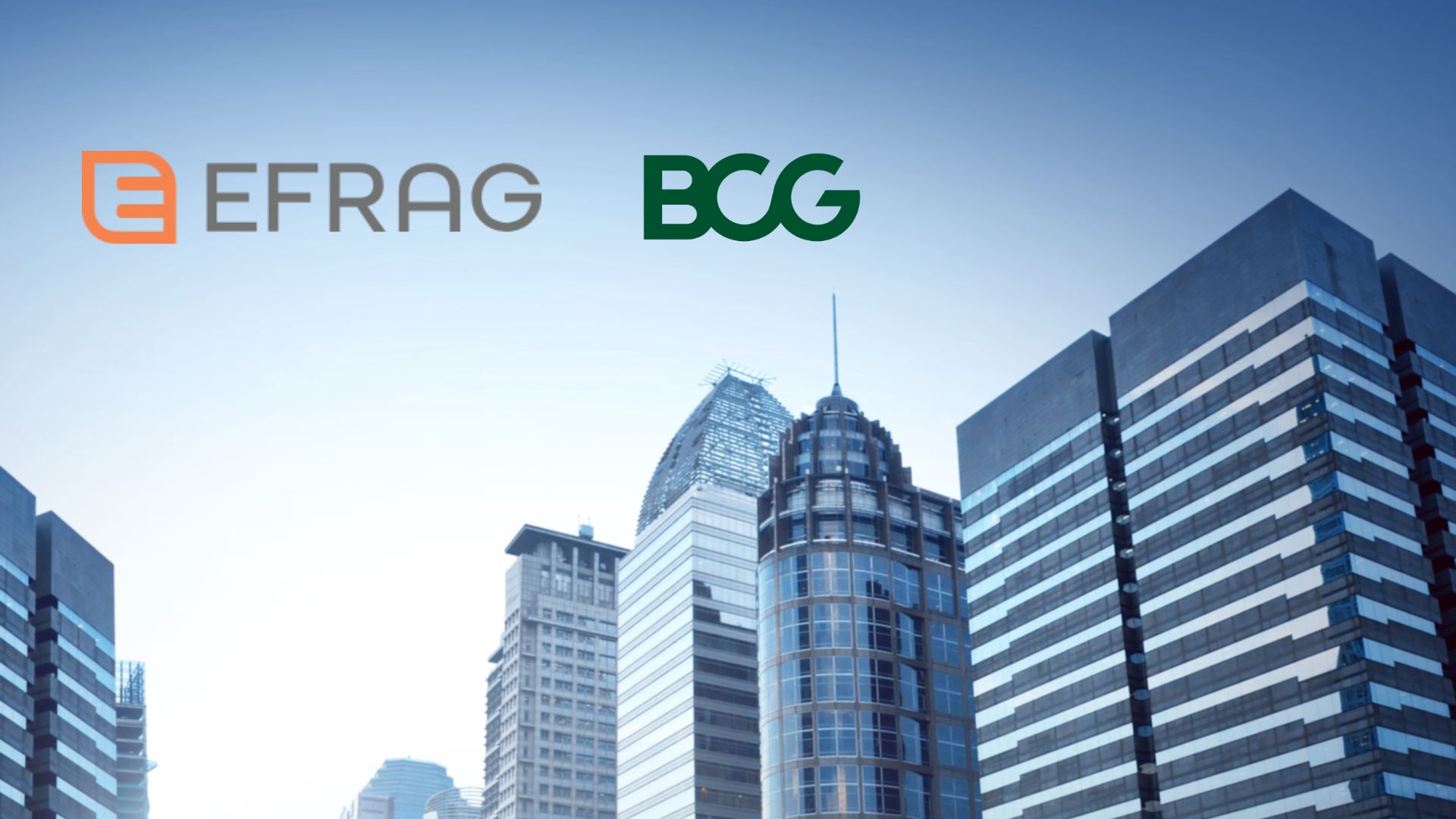Steering Fashion Industry Towards Sustainability: GFA’s 2023 Report Unveils at COP28

|
Listen to this story:
|
During COP28, Global Fashion Agenda (GFA) released the 2023 edition of The GFA Monitor – a report to guide fashion leaders towards a net-positive fashion industry. The second GFA Monitor has been updated to include the latest guidance and insights from over 25 industry organisations in one cohesive publication. For the first time, the report includes new data insights from the Fashion Industry Target Consultation – drawn from over 900 industry participants in 90 countries.
The GFA Monitor is an extensive resource that presents expert insights on the status of the industry, clear actions to take, and proven best practices. In a time of poly crisis when the implementation of sustainable practices is challenged, GFA is supporting the industry by consolidating an abundance of available solutions that can be applied today.
The tool is grounded by the sustainability framework laid out in the Fashion CEO Agenda, featuring in-depth guidance according to the five sustainability priorities: Respectful and Secure Work Environments, Better Wage Systems, Circular Systems, Resource Stewardship, and Smart Materials Choices. Embracing additional expert knowledge from other industry organisations, each priority includes insights from GFA’s Impact Partners: Fair Labor Association, Social & Labor Convergence Program (SLCP), Ellen MacArthur Foundation, Apparel Impact Institute, and Textile Exchange, respectively.
The 2023 publication presents new findings from the Fashion Industry Target Consultation (FITC), launched by GFA and the United Nations Environment Programme (UNEP) in November 2022, which invited stakeholders from across the global value chain to share their thoughts on the performance indicators and milestones that the industry must strive to meet. The FITC indicates a very positive sentiment from participants, but action and positive impact from that action is yet to be measured. Overall, the data reveals that the majority of the 900 participants supported industry alignment on the 27 action areas proposed in the consultation and remarked that they are actively engaging with the industry to drive progress in the respective areas. The report further illuminates the level of industry ambitions per priority and the areas where more aligned action areas are needed (see a summary of key data per priority below).
The 2030 deadline to achieve the UN Sustainable Development Goals is fast approaching. Moreover, to deliver the Paris Agreement and limit global warming to 1.5°C, greenhouse gas emissions must peak before 2025 and decline by almost 50% by 2030 at the latest. Nevertheless, the rise in temperature predicted for this century is still well above what was promised in Paris eight years ago. With COP28 providing a critical moment to take stock globally, GFA and its partners are presenting the fashion sector’s progress towards net positive and providing guidance on how to accelerate actions on its pathway.
Building on its alliance with the UN Climate Change, GFA will host a session dedicated to the fashion sector at COP28 to ensure fashion is included in the crucial conversations and decisions intended to accelerate climate action. The Global Fashion Agenda Assembly on 5 December at 16.30-17.45 GST will reflect on the fashion industry’s progress towards a net zero and net positive future, present collective financing best practices, and guide policymakers.
Federica Marchionni, CEO, Global Fashion Agenda, says: “The second iteration of The GFA Monitor reaffirms the power of alliances to accelerate action. In a time of socioeconomic and geopolitical turmoil, executives need clear guidance more than ever to ensure sustainability measures can continue to move forward. By working collectively with multiple industry organisations, we were able to highlight the steps that are needed, collate a wealth of promising solutions and steer fashion stakeholders on their journey.“
Related Article: H&M Group, DBS Pioneer Green Loan Program to Decarbonize Fashion Supply Chains
Building on the 2022 and 2023 editions, GFA intends for The GFA Monitor to become an annual gauge of the fashion industry; to monitor industry progress to increase accountability, present the latest insights and impact data, and identify critical actions required to meet its objectives. GFA welcomes further cooperation with other industry organisations as the annual report evolves and responds to industry and scientific developments.
Scott Raskin, CEO, Worldly, Data Partner for The GFA Monitor, says: “To address climate change, the apparel industry needs primary supply chain data at scale. As GFA’s data partner, Worldly is proud to continue contributing to the GFA Monitor. As the exclusive provider of the Higg Index and other ESG solutions, we’re also proud to enable impact improvements, delivering the data-driven intelligence leaders need to track their sustainability progress and prepare for regulatory compliance.“










